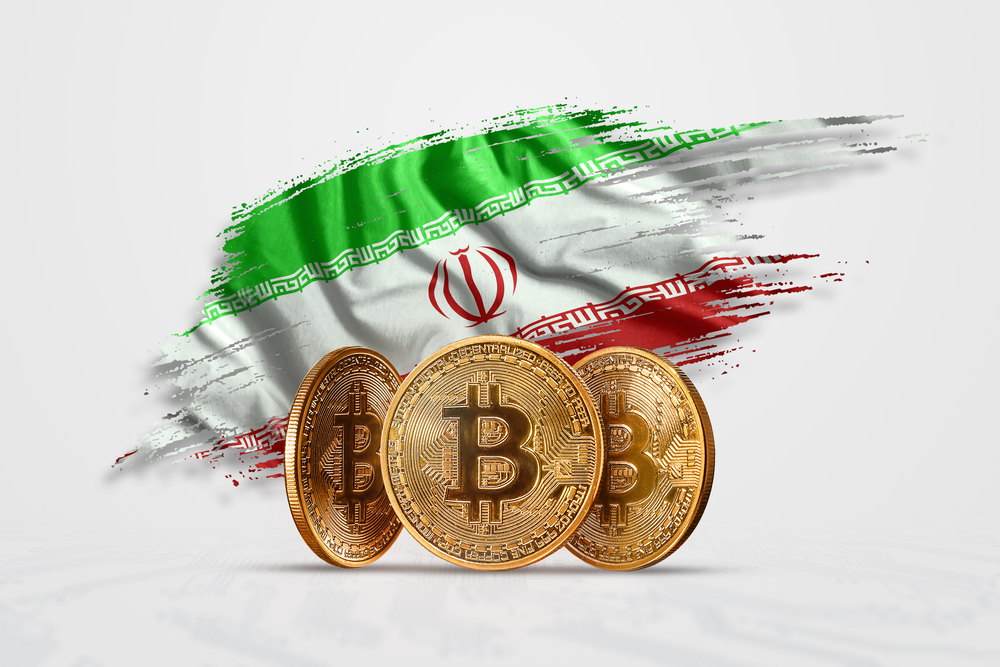GameStop, the video game retailer, has announced plans to raise USD 1.3 billion through the issuance of convertible senior notes to acquire Bitcoin. With this move, the company is following in the footsteps of the successful quasi-Bitcoin hedge fund Strategy (formerly MicroStrategy).
The decision follows the unanimous approval by the board of directors to include Bitcoin as a treasury reserve asset in the company’s corporate strategy. A year ago, such an investment was already under discussion, but the board decided against it at the time.
Funding details and market reaction
The notes will carry a 0% interest rate and mature in 2030. Additionally, there is an option for an over-allotment of up to USD 200 million. Net proceeds are intended for general corporate purposes, including the acquisition of Bitcoin. Following the announcement, GameStop’s stock initially rose by 15%, but later dropped 11% in after-hours trading, indicating mixed investor reactions.
With this move, GameStop is emulating companies like Strategy (formerly MicroStrategy), which utilize Bitcoin as a primary treasury reserve asset. According to a statement, CEO Ryan Cohen aims to position GameStop as a tech-driven company over the long term and increase financial flexibility through Bitcoin integration. Strategy is likely a source of inspiration for the executive. By strategically acquiring Bitcoin via debt instruments, the company secured a place among the top 100 tech stocks in the United States.
Financial performance and business development
In the fourth quarter, GameStop reported a 28% revenue decline to USD 1.28 billion but exceeded expectations with earnings of 30 cents per share. Despite the mixed results, the company holds USD 4.2 billion in cash reserves, providing financial leeway for strategic investments like the acquisition of Bitcoin.
GameStop also plans to close a “significant number” of stores during the current fiscal year to cut costs and shift focus more heavily toward digital distribution. The company’s core business—reliant on physical game sales—is declining rapidly. Digital downloads and streaming services now dominate the gaming market, threatening GameStop’s long-term viability. The coming months will reveal how this strategic pivot impacts the company’s financial health and market position.








